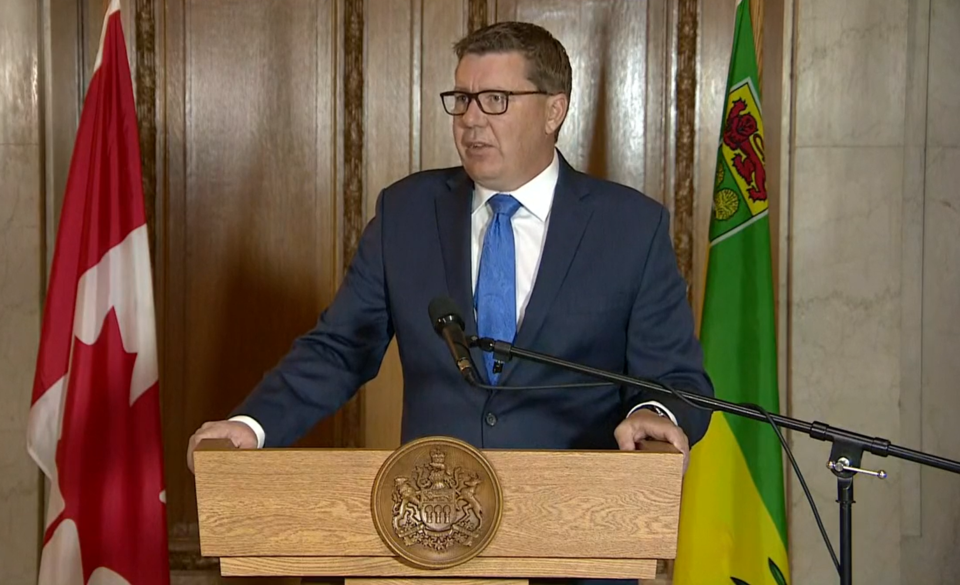REGINA — Saskatchewan government is making another attempt to reduce the effects of the federal carbon tax by expanding the provincial Output-Based Performance Standards program further into industry sectors known to be heavy carbon producers.
Beginning retroactively on Jan. 1, five additional industrial sectors are now covered under the OBPS, a provincially controlled industrial emissions pricing system, instead of the federal pricing system.
"Saskatchewan's plan to bring the federally imposed carbon tax under provincial control will ensure that the revenues from the carbon tax stay in Saskatchewan, instead of going to Ottawa as they currently do," said Premier Scott Moe.
The OBPS now covers chemical, wood product, mineral product and agricultural and industrial equipment manufacturing, as well as food and beverage processing.
The participation threshold is also now lowered from 10,000 tonnes carbon dioxide equivalent to 0 tonnes, leaving more facilities eligible for coverage.
The provincial government anticipates at least 30 new facilities will register under the program with the new changes.
As an industrial emissions pricing system, provincial officials now expect the OBPS to total $2.3 billion in savings to Saskatchewan industries by 2030, by reducing carbon leakage and greenhouse gas emissions.
The province said the price relief offered by the OBPS is meant to maintain competitiveness in the province by encouraging industries to keep production occurring inside Saskatchewan, rather than outsourcing to countries with “less stringent climate policies.”
Moe said he expects the federal government to accept the province’s plan, despite previous rejections to earlier proposals of provincially mandated control.
Environment minister Warren Kaeding said that the federal carbon tax “does not help families, workers and businesses” in addressing climate change concerns, but the provincial plan will.
“This helps keep industries, jobs, and the families they support in Saskatchewan, and avoid carbon leakage that ultimately results in higher overall global emissions,” said Kaeding.
Moe said the province is “asserting regulatory control” over the carbon tax and the pricing of industrial emissions.



